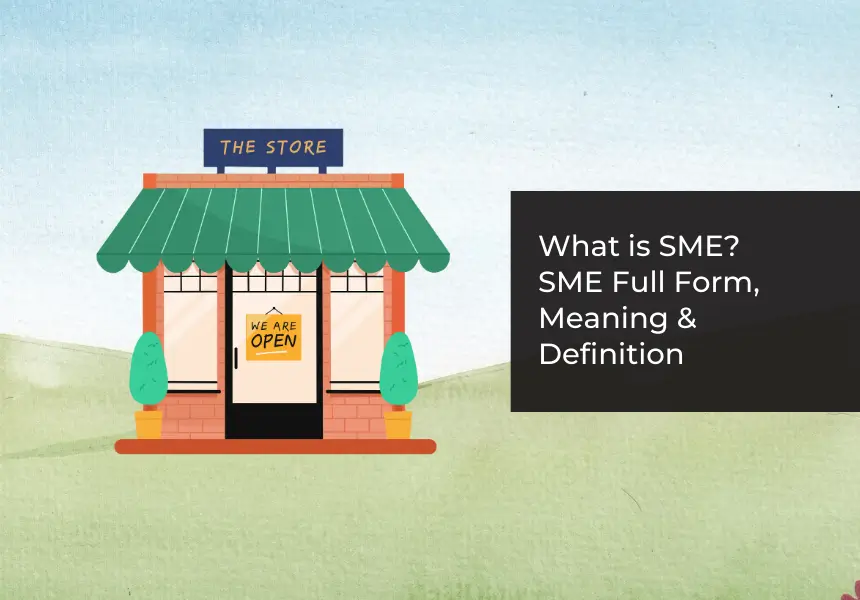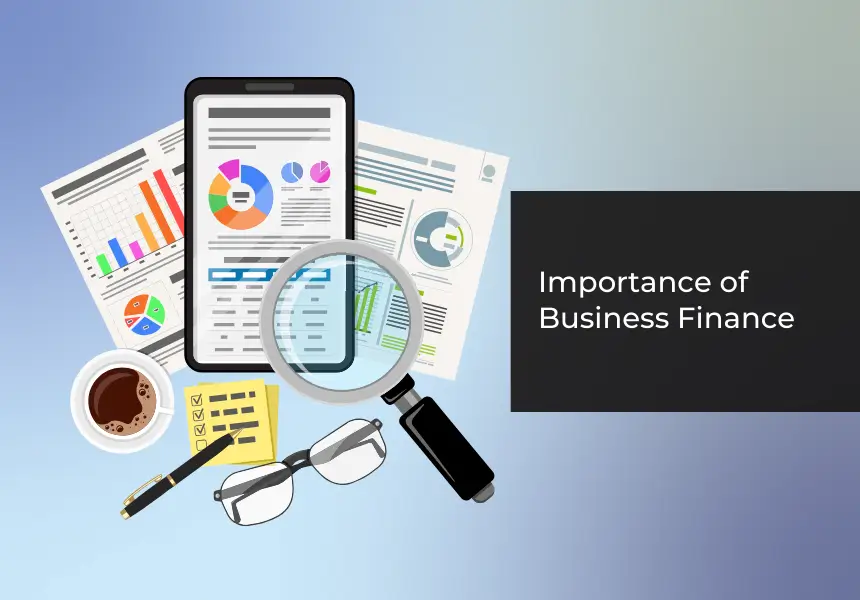
In the dynamic world of business, companies often have financial needs beyond their current capacity. Under such circumstances, a business loan becomes an invaluable instrument for financing, offering the funds required to drive expansion, control overhead, or take advantage of strategic opportunities.
Understanding the nuances of business loans is essential for business owners, established companies, and entrepreneurs alike, as they are a crucial component of corporate finance.
Here, we will explain the importance of business loans and their benefits and factors that you should consider before applying for a business loan so that you can understand business loans.
Benefits of Business Loans
A Business loan will help you get finances for all the operations of your business. Below are the benefits of a business loan.
Financial Flexibility
Business loans provide financial flexibility in managing day-to-day expenses. They help companies with easier daily operations by helping them deal with cash flow issues, unforeseen costs, and time-sensitive situations.
Business Expansion
The potential to use business loans to finance growth projects is an important benefit. With the help of loans, companies can pursue expansion plans that would be difficult to implement with limited internal resources, such as expanding into new markets, creating new locations, or diversifying product lines.
Technology and Equipment Investment
Businesses can purchase necessary equipment and cutting-edge technology with the help of loans. This capital infusion contributes to long-term sustainability by helping the company remain competitive, increase efficiency, and boost overall productivity.
Tax Benefits
Interest paid on certain business loans may be tax deductible. This offers a financial benefit by lowering the total cost of borrowing and making financing choices more affordable.
Marketing and Promotions
Companies that want to expand their consumer base and increase brand awareness can do so by using business loans to fund marketing and promotional initiatives. Sales and revenue may rise as a result of this.
Types of Business Loans
There are various types of business loans available in the market. Below are the types of loans explained.
Bill/Invoice Discounting
Bill or invoice discounting is the practice of a financial institution lending money to a business based on the outstanding invoices that the business has. By obtaining working capital prior to their clients completing the payment, organisations can enhance cash flow.
Working Capital Loan
A working capital loan is designed to pay for ongoing business expenses, including payroll, restocking inventory, and utility bills. It guarantees a consistent flow of cash and helps companies in effectively handle their immediate financial needs.
Term Loan (Short & Long-term)
Term loans have set payback periods and offer a lump sum amount for a specific use. Long-term loans are paid back over an extended period of time, but short-term loans are usually repaid within a year. Major business expenses, expansion, and capital investments are common uses for this type of loan.
Letter of Credit
A bank will provide a letter of credit as a financial tool to ensure that the seller will get payment from the buyer on schedule and in the agreed-upon amount. This reduces the risk associated with cross-border commerce transactions for both parties.
Overdraft Facility
Businesses have the option to take out more money than is available in their account because of an overdraft facility. It prevents financial issues by serving as a safety net during fluctuations in cash flow.
Equipment Finance or Machinery Loan
This kind of financing is intended for the acquisition of technology, machinery, or equipment.
Loans under Govt. Schemes
Governments frequently provide a range of lending programmes to assist companies, particularly MSMEs. These loans usually have flexible terms, discounted interest rates, and other benefits to promote economic expansion.
POS Loans or Merchant Cash Advance
A lump sum payment based on credit card and debit card sales is given to businesses via point-of-sale (POS) loans or merchant cash advances. A fixed percentage of each day’s card purchases is used as repayment, providing flexibility based on company income.
Factors You Should Consider Before Applying for a Business Loan
Purpose of the Loan
It is important to specify the goal of the business loan clearly. Knowing why you’re borrowing money, whether it’s for day-to-day business needs, business expansion, equipment acquisition, or other particular needs, will help you choose the right kind of loan.
Required Amount
Determining the precise amount required is essential. Underestimating could make it more difficult to accomplish the desired results while overestimating could result in needless debt. A thorough evaluation guarantees that the loan meets the financial needs of the company.
Creditworthiness
Before granting a loan, lenders assess the creditworthiness of a company. A good credit score and a solid credit history increase the likelihood of getting approved for a loan and can lead to better terms. Before applying, businesses should examine and resolve any issues in their credit profile.
Type of Loan
Different business loans meet different requirements. It’s important to consider your options depending on the type of requirement. Efficient use of funds is ensured by matching the type of loan to the purpose.
Rate of Interest
The business loan interest rate has a big effect on how much the loan will cost overall. Businesses can select the most economical financing solution by being aware of the loan’s fixed or variable interest rate and by comparing rates offered by various lenders.
Terms of Repayment
It is important to review the terms of repayment. Companies should assess variables including loan term, payment frequency, and repayment schedule flexibility. This guarantees that the repayment schedule corresponds with the cash flow patterns of the business.
Fees and Hidden Costs
Businesses should be aware of all additional fees and hidden charges related to the loan, in addition to the interest rate. These could include processing costs, origination fees, penalties for early payments, or late fees. Understanding the entire cost structure can help you avoid unforeseen expenses.
Conclusion
Entrepreneurs need to have a thorough awareness of the nuances of business loans. The many advantages, which include tax advantages and financial flexibility, in addition to expansion, highlight how important business loans are for long-term growth.
Examining various loan types, like term loans, government-backed programmes, and working capital loans, enables companies to customise their financial plans to meet specific requirements.
FAQs
What is a business loan?
Ans. A business loan is a type of financial product that gives companies access to funds for a range of needs, including expansion, working capital, and equipment purchase.
How can a business loan benefit my company?
Ans. Business loans help with day-to-day operations and expense management, financial flexibility, expansion goals, and tax benefits.
How much can I borrow with a business loan?
Ans. The loan amount depends on factors like the purpose, creditworthiness, and the type of loan. Lenders typically evaluate these factors to determine the loan amount.
How does the interest rate on a business loan work?
Ans. Interest rates loan for Business Loans can be fixed or variable, impacting the cost of borrowing. A lower interest rate contributes to more affordable financing.
How does a business loan impact my credit score?
Ans. Responsible and timely repayments positively impact your credit score, strengthening your business’s creditworthiness.








